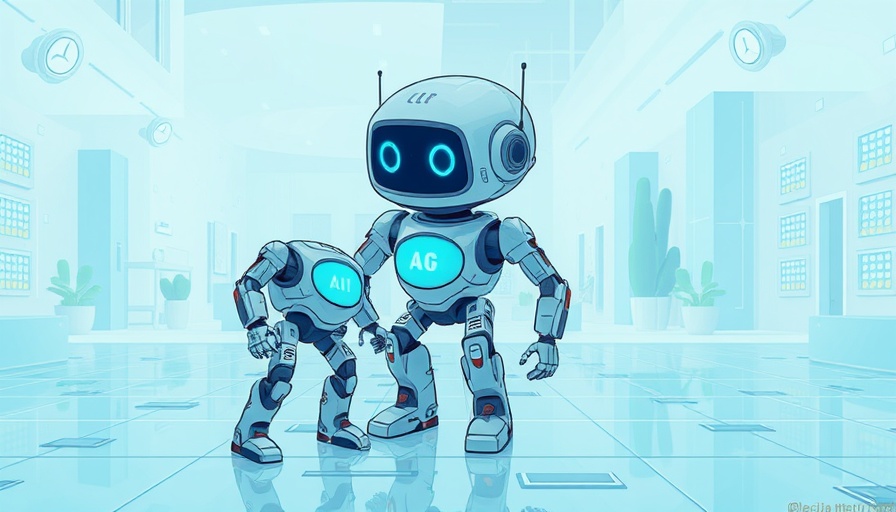
Inception’s Revolutionary Approach to AI Language Models
Inception, a pioneering company based in Palo Alto and founded by Stanford professor Stefano Ermon, is making waves in the tech world by unveiling its innovative approach to generative AI. Known as a diffusion-based large language model (DLM), this new model seeks to challenge and potentially reshape the landscape of AI language generation.
Why Differential Models Matter
Traditional large language models (LLMs), primarily built on transformer architectures, are known for their effectiveness in tasks like text generation and tool integrations. However, they operate sequentially, meaning that each word must be generated one at a time, leading to inefficient processing times. In contrast, diffusion models have proven efficient in generating images and audio by refining rough outputs into coherent results in parallel.
Ermon's theory posits that adapting diffusion techniques to text could result in significant speed improvements and cost reductions. In fact, Inception claims its DLMs can run up to ten times faster and at a tenth of the cost compared to traditional models—a game-changer for industries focusing on AI integration.
The Science Behind Inception's Breakthrough
Inception’s breakthrough lies in its ability to generate large blocks of text all at once, rather than piecemeal. This parallel processing moves the model toward greater efficiencies and introduces the concept of remasking during inference. Unlike existing methods which rely strictly on previously generated words, Inception's model revisits and refines predictions continuously, enhancing the overall coherency of generated text.
According to Ermon, this method allows for more effective utilization of GPUs, ensuring that industries can run their models with reduced latency while maintaining high performance on complex tasks like coding and technical Q&A.
Implications for Entrepreneurs and Startups
The launch of Inception’s DLM highlights a crucial shift for startup entrepreneurs. As companies increasingly rely on AI for productivity and innovation, the ability to deploy faster, more cost-effective models could provide a competitive edge. Early adopters among Fortune 100 companies have already recognized the advantages, securing pilot clients even before the full launch.
By leveraging this technology, startups can refine their own products and services, optimize operational efficiency, and significantly decrease their development timelines. Startups looking to integrate advanced AI solutions can benefit greatly from exploring Inception’s offerings.
Looking Ahead: Opportunities in AI
As this new model gains traction, the implications for the tech landscape are enormous. With advanced capabilities and decreased operational costs, there may be a shift in how startups and enterprises approach AI-driven projects. The adoption of diffusion models could lead to a broader acceptance of AI technologies across various sectors, including marketing, engineering, and customer service.
In summary, including breakthroughs in AI language models like those developed by Inception not only alters the business strategies for technology companies but also encourages a more creative and efficient application of artificial intelligence that could redefine our interaction with tech.
As you consider integrating AI into your startup ventures, explore what options like Inception's diffusion-based model can do for you. Embrace the future of technology that not only drives efficiency but transforms the way we think about problem-solving and innovation.
 Add Row
Add Row  Add
Add 




Write A Comment